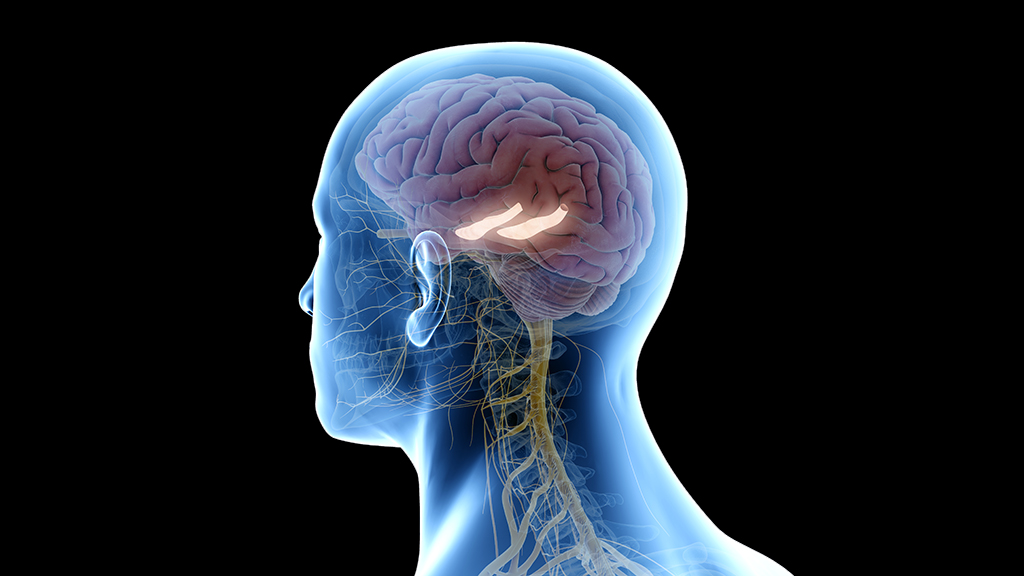Abstract
The art of fact-checking is especially important when evaluating science as represented in social media and the news. But how are students to acquire the skill? In this interrupted case study, students assume the role of a news editor tasked with deciding whether to publish a news piece about a recent scientific finding. Students work in small groups to compose a joint statement outlining whether the news article should be published, with support for their decision built on expectations for what constitutes “good,” accurate, and approachable scientific journalism. The selected articles are from the field of neuroscience and address how exercise affects memory; however, the framework of the case could easily be applied to different articles. Although originally designed for first-year college students in a multi-disciplinary survey science course, the case could be implemented in any course aiming to build scientific literacy. An alternative version of the case that incorporates a more thorough review of neuroscience content regarding the concepts of memory and decision-making is available in the Supplemental Materials.



